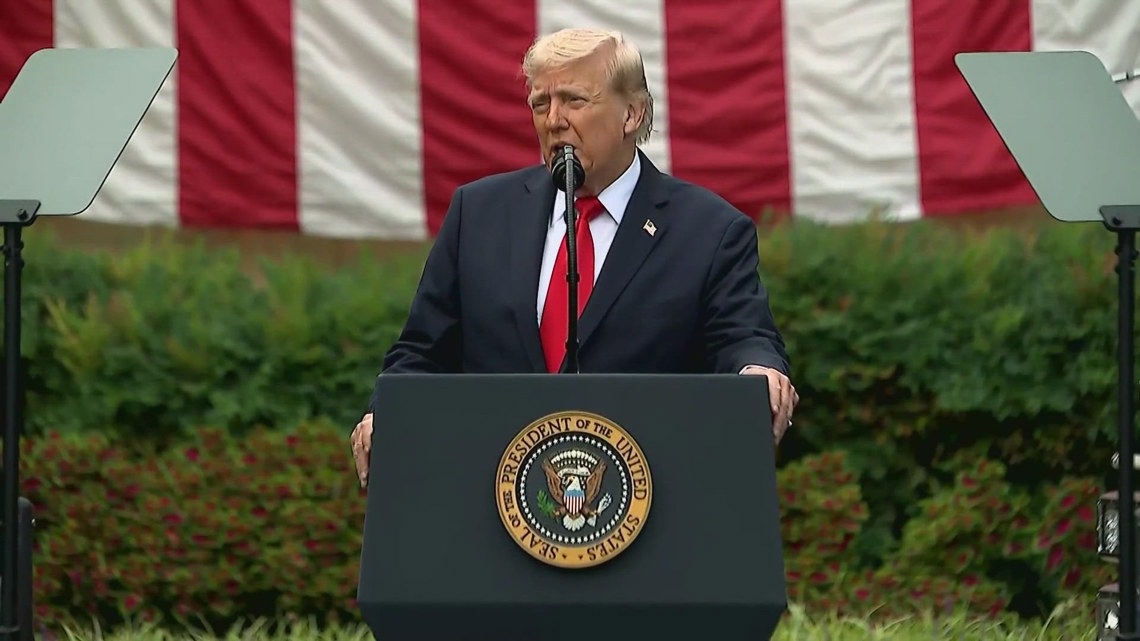The chief judge of D.C.’s federal courts ordered an automatic stay on all deadlines in civil suits involving the government.
WASHINGTON — Deadlines in dozens of pending lawsuits challenging the Trump administration in D.C. were put on hold Tuesday as the federal government shutdown went into effect.
In a standing order, D.C. District Court Chief Judge Jeb Boasberg directed automatic extensions for all filing deadlines for the government for the duration of the shutdown plus 10 days, or five days if the shutdown lasts for less than a week. Boasberg said the order was necessary to avoid judges having to respond to potentially hundreds of individual motions to stay filings in cases.
“The Court has a need to minimize expenditures of scarce judicial resources,” Boasberg wrote.
The order effectively hits pause on dozens of lawsuits filed in federal court in D.C. challenging the Trump administration on everything from canceled grant funding to, most recently, warrantless immigration arrests during President Donald Trump’s federal surge in the city. It will also delay lawsuits against other branches of the government, including a civil suit filed in June by police officers that seeks to force the Architect of the Capitol to hang a long-delayed plaque commemorating law enforcement’s efforts on Jan. 6, 2021.
Attorneys for the Justice Department and other federal agencies had already begun filing stay requests in courts across the country Tuesday morning. In one such filing in Maryland, the DOJ’s Office of Immigration Litigation asked a judge to pause deadlines in the habeas petition filed by Kilmar Abrego Garcia, the wrongfully deported Salvadoran native who is now seeking asylum in the U.S.
Federal courts are able to use court fees to continue operations during a government shutdown. Criminal cases may be largely unaffected, as federal prosecutors who handle criminal dockets are considered excepted employees and requires to continue work even during a shutdown. Attorneys who handle civil cases or who represent other federal agencies are likely to be furloughed, however.
In a public post to its website Tuesday, the Administrative Office of U.S. Courts said federal courts would likely be able to operate on court fees unaffected by the shutdown until Oct. 17. After that, courts will be able to continue operations under the Anti-Deficiency Act, a federal law that bars agencies from expending funds without an appropriation. The law has a carveout that allows federal courts to continue “essential work” during a government shutdown, although many other court functions would likely be affected.
